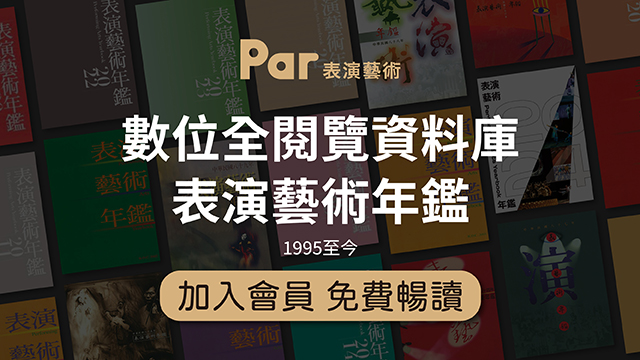

"Preciously Profane Possessions" Santiago Evans Canales' solo exhibitionDOUBLE Q GALLERY
In a liminal space amid "primitive" experiences and erudite allegories, in which a childlike spirit and the memories therein clash with the adiaphoric character of metropolitan solipsism and the tangential contradictions of contemporary subsistence, innocent and wild scenery thrives affably in the open countryside or along the banks of waterways. Formally composed of a multitude of simple forms and large patches of earthy colours, they generate an authentic, open, and uninhibited fresco.
After the gust of a warm summer evening breeze and generous caresses, libidinous bodies and sweet memories embrace each other. Pleasantly protected by a white sheet, they celebrate the immense pleasure of the present moment, symptomatic of an ideal world that pushes the limits of conventional representations.
Thus arises "Preciously Profane Possessions," a new exhibition chapter by the young Santiago Evans Canales. At its center is a search for and celebration of the primal colours typical of the bold and magnificent virgin nature. Here, generous and meandering brushstrokes slowly trace the indefinite images of reclining bodies, enlarged through vivid swathes of colour that slowly manifest in the auroral layers of paint.
Through the use of a luxuriant colour palette that generates a golden light, at once warm and vibrant, and endowed with action and movement, all areas of shadow gain a sort of brightness. Sometimes this is a whisper, other times it surges with intensity.
In his luminescent, psycho-perceptive, and empathic art practice, usually composed of luminous colours and near-abstract figurations, Canales frequently takes inspiration from references that are autobiographical, historical, and indigenous while at the same time pertaining to fantasy and magical realism. In doing so, each painting is a window into his personal world—a spontaneous universe in which the viewer can both perceive and be submerged in the artist's own Weltanschauung.
Although inherently intuitive, all of his work is influenced by observation, abstraction, and imagination. And all of these elements contribute to the skilful creation of aesthetic balance and inimitable and inclusive sensory satisfaction in which light, colour, and related hues, along with line, space, form, contrast, emphasis, movement, rhythm, texture, unity, and variety coexist harmoniously in their imperishable permanence.
"Preciously Profane Possessions," celebrating and contemplating nudity, resulting in a redefinition of the meaning of being in which, in the keeping with the evolution of Heideggerian ontology, the impulse to transfigure "restless preoccupation" with an "appeasing" metaphysics increasingly grows, and indeed seals a return to oil painting, enriched by an amalgam of sand and primer.
Here, the realm of sacred and profane space, or of openness and deprivation, are challenged in their categorical subdivision, actuating that modus cogitandi according to which these spaces themselves should no longer merely indicate a dichotomy but stimulate the revelation of a cohesive organization that contains within itself an iridescent world of values, expectations, and ways of living. Thus what is delineated is form, faith in the other, breadth of openness, and the evolution of human beings moving towards the cusp of their destinies.
While painting sculpts images that animate whispered stories in the exhibition "Preciously Profane Possessions," the only plausible boundaries of this Arcadian world gifted to us by Canales consist solely and exclusively of the edges of horizontal canvases.
Metaphorically evoking French intellectual Pierre Klossowski's 1965 book "The Laws of Hospitality"—a trilogy in which a parallel reflection is conducted on seemingly irreconcilable themes: theology and eroticism, being hostages or liberators—all these ecstatic paintings, breaking down into an interdependent network of symbolic elements, chorally recite a story of unconcluded mutual attractions, a theophany that is realized by breathing in effluvia that is, for some, impure.
And so the question arises: is it enough to exist or is it better to live?
—Domenico de Chirico





